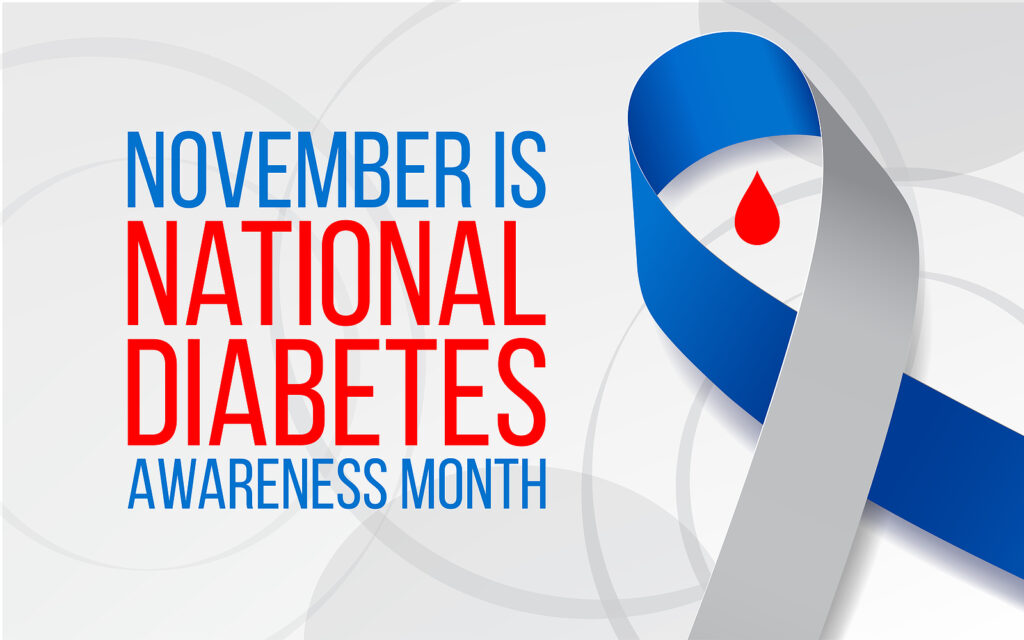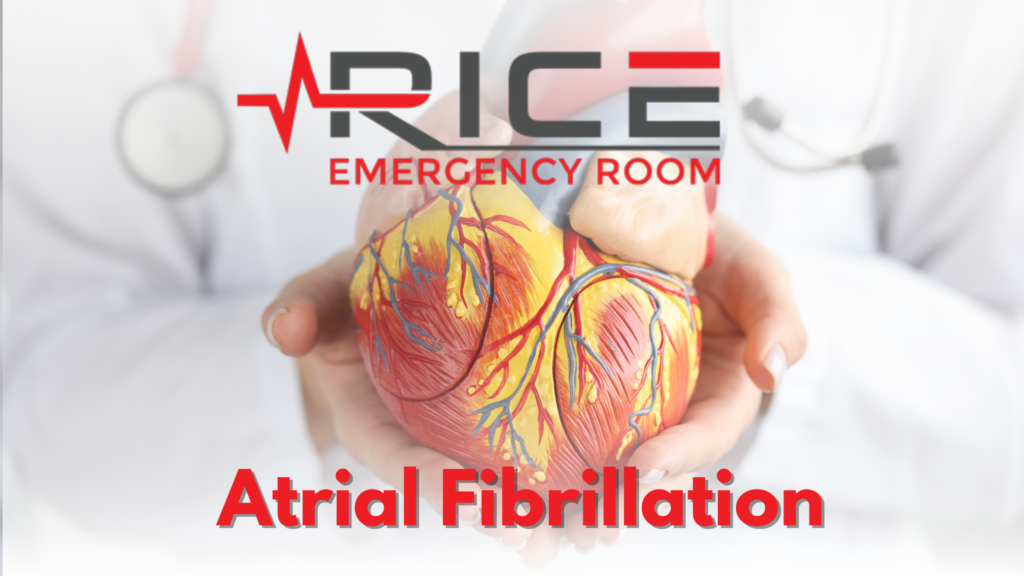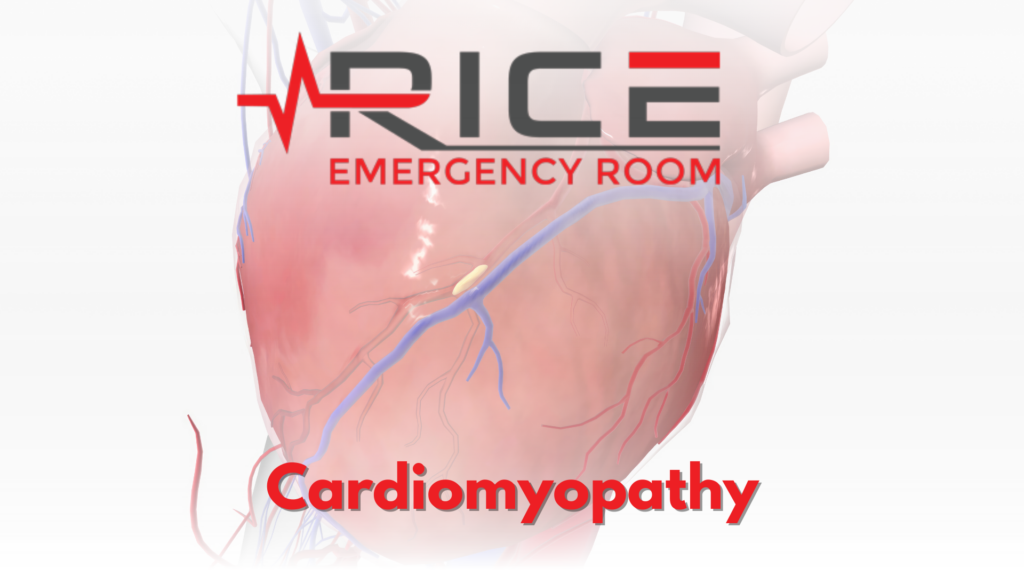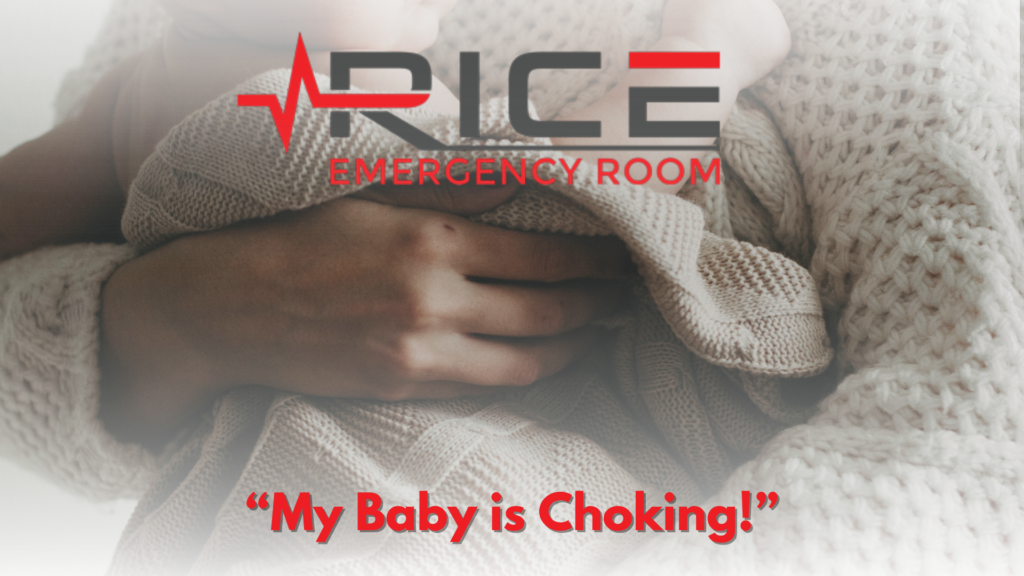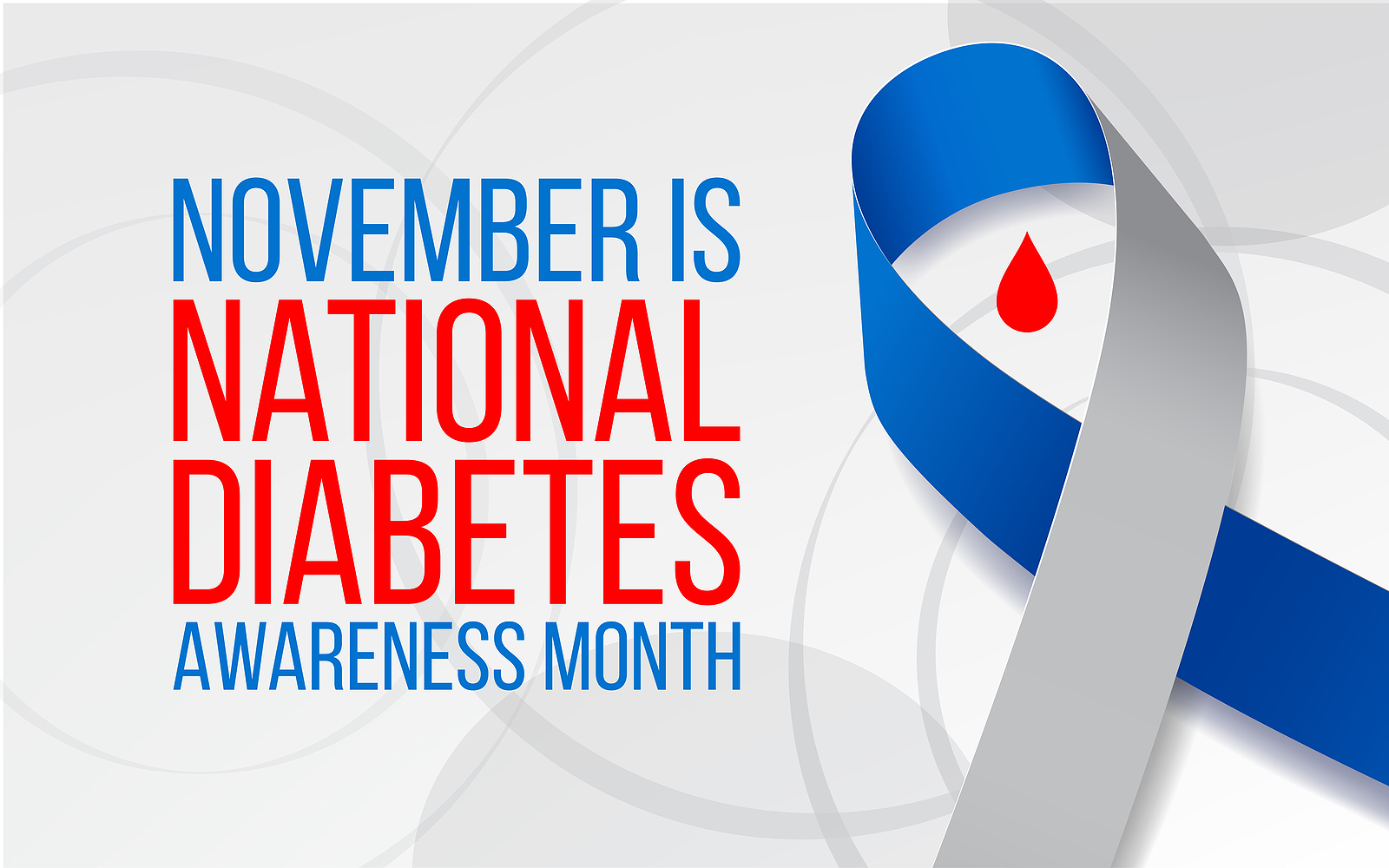
November is Diabetes Awareness Month
To promote Diabetes Awareness Month, it is important to know the different types of diabetes, who gets diabetes, the types of diabetes, and how we can live a healthier life with the disease.
Who Gets Diabetes
While anyone can get type 1 diabetes, it typically occurs in younger individuals who are genetically predisposed to the condition. There is no known cure for type 1 diabetes, but treatments such as medication, diet and exercise can help manage symptoms and prevent complications
Some common risk factors for developing type 2 diabetes include being overweight or obese, having high blood pressure or high cholesterol levels, or having a family history of the disease.
Type I Diabetes
Type 1 diabetes is a serious condition that affects millions of people worldwide. It occurs when the body is unable to produce or use insulin effectively, resulting in high blood sugar levels and other complications.
While there is no cure for type 1 diabetes there are several strategies that individuals living with type 1 diabetes can use to help control their symptoms and reduce their risk of related complications. These include closely monitoring blood sugar levels, making healthy food choices, being active every day, and working closely with a healthcare team. If you or someone you love has type 1 diabetes, it is important to learn as much as you can about this condition so that you can take steps to better manage symptoms
Type II Diabetes
Type 2 diabetes is a chronic condition that affects the way your body processes blood sugar, or glucose. This can lead to a number of complications, including increased risk of developing cardiovascular disease and other serious health conditions. However, there are steps you can take to manage type 2 diabetes and maintain good health. These may include making healthy lifestyle changes, such as eating a balanced diet, exercising regularly, and monitoring your blood sugar levels. Working closely with your doctor and taking medications as prescribed can also help keep type 2 diabetes under control
One of the most common diabetes complications is nerve damage, or diabetic neuropathy. This condition occurs when diabetes damages the nerves in your body, causing weakness, numbness, and pain in your hands and feet. Another complication often associated with diabetes is kidney failure, which occurs when diabetes damages the tiny blood vessels in your kidneys over time. Other serious diabetes complications include heart disease and stroke, both of which are caused by damage to the blood vessels due to prolonged high blood sugar levels.
Living With Diabetes
Fortunately, there are things you can do to lower your risk of developing these diabetes complications. Maintaining a healthy weight through diet and exercise is key to managing diabetes and preventing complications. Additionally, following your doctor’s recommendations for diabetes management, such as taking medications or following a specific diet plan, can help you keep your diabetes under control and reduce your risk of developing diabetes complications.
So, if you or someone you love has diabetes, remember that there is hope for managing the condition and preventing serious complications down the road. With proper treatment and care, you can live a healthy, happy life with diabetes.
If you have been diagnosed with diabetes, talk to your doctor about the best ways to stay healthy and manage your symptoms. And remember that you are not alone—millions of people around the world live with this condition every day, and there is support available for everyone who needs it.
Together, we can raise awareness about Diabetes Month and work towards a brighter future for all those affected by this disease.

